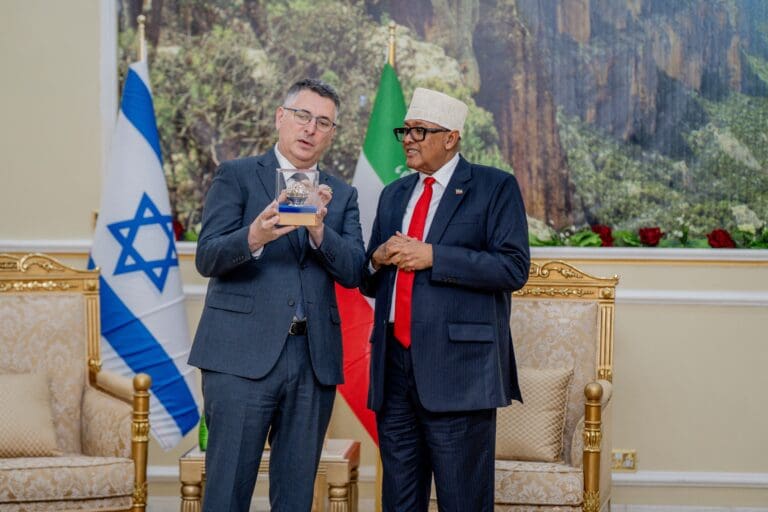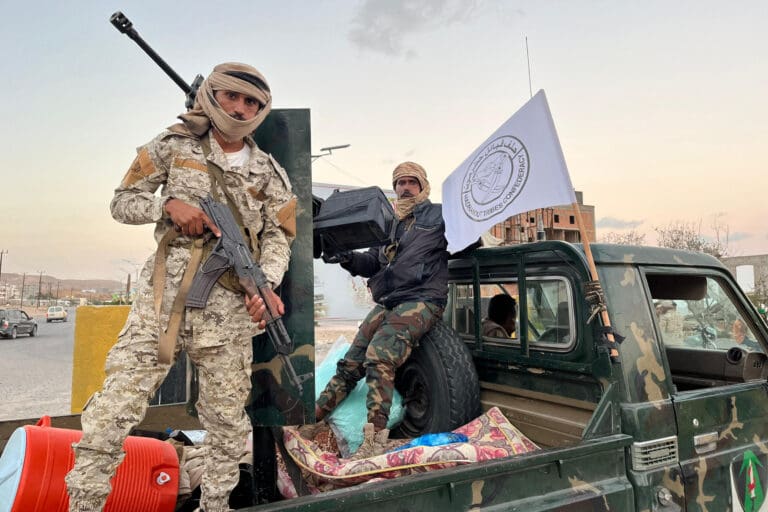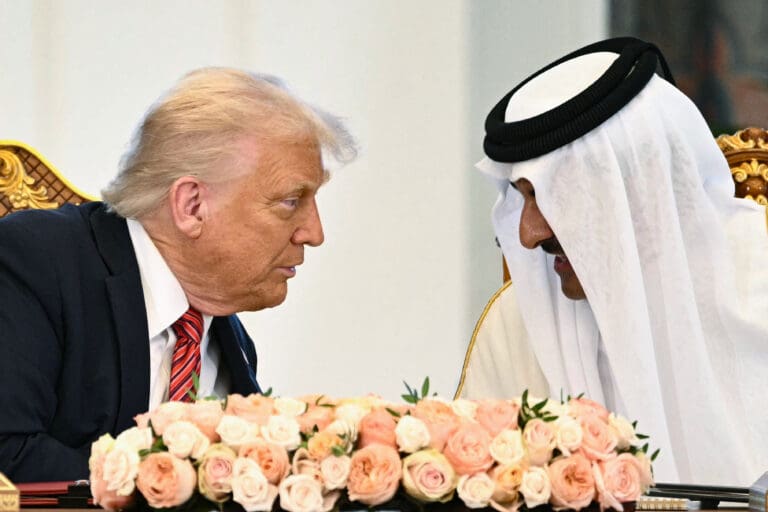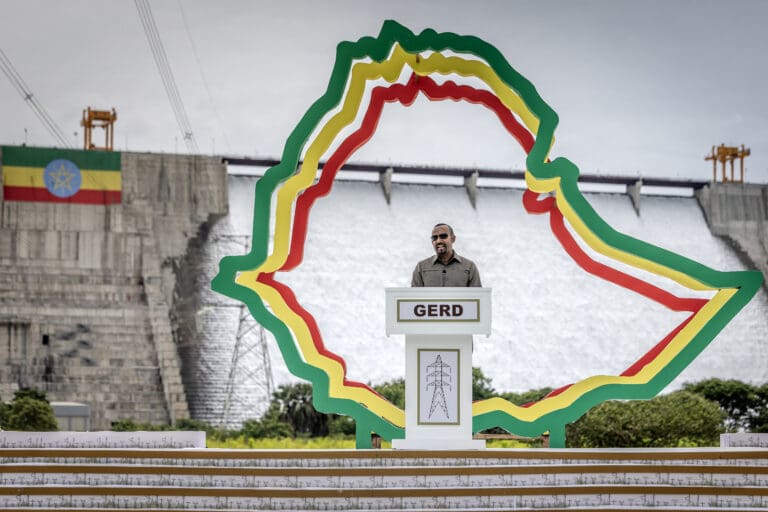All Articles
Search by
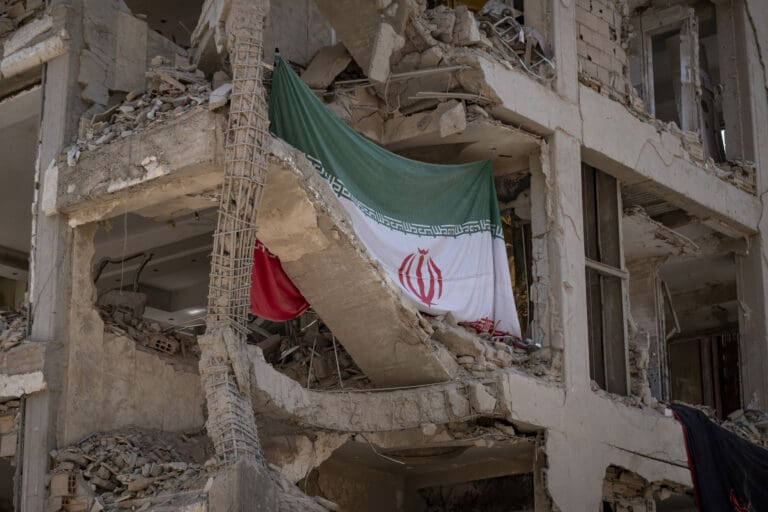
Israel’s 12-day war with Iran achieved dramatic tactical successes—including assassinations, sabotage and U.S. military involvement—but ultimately failed to trigger Iran’s internal collapse or strategic defeat, instead galvanizing Iranian national unity, advancing its nuclear ambiguity and raising the risk of deeper regional escalation in a future.

